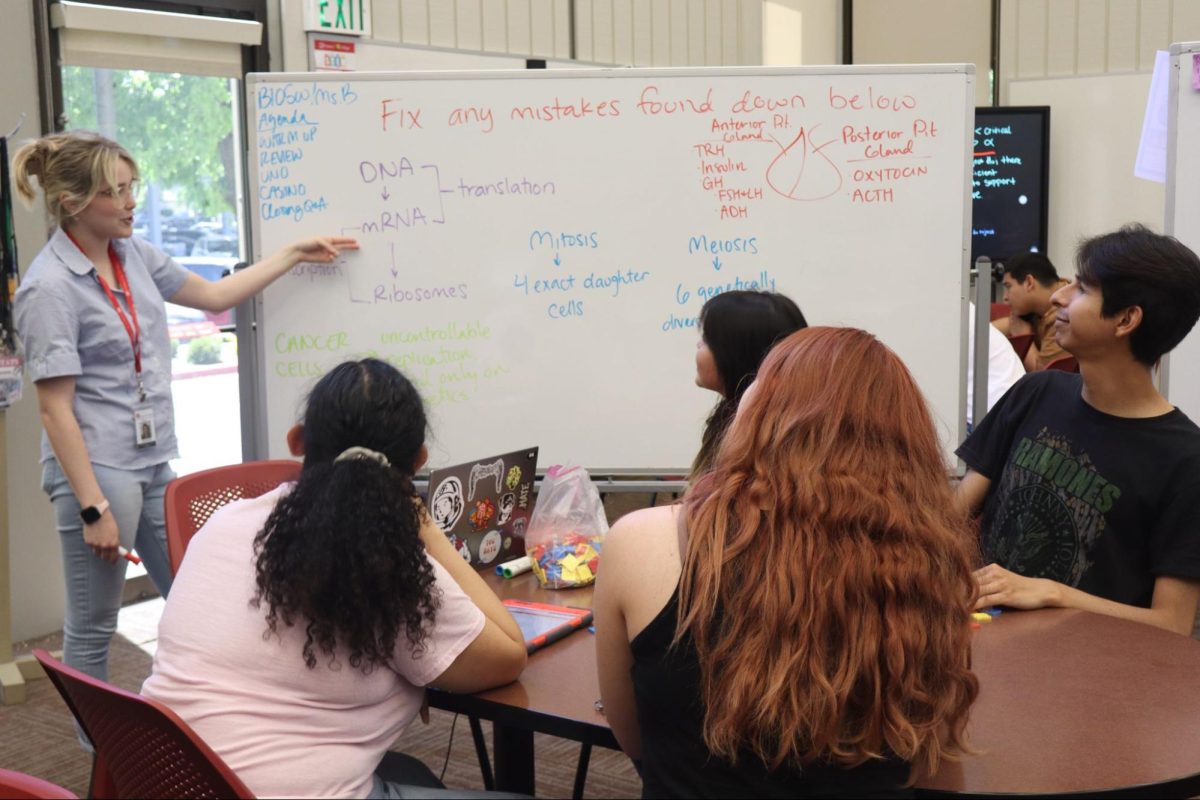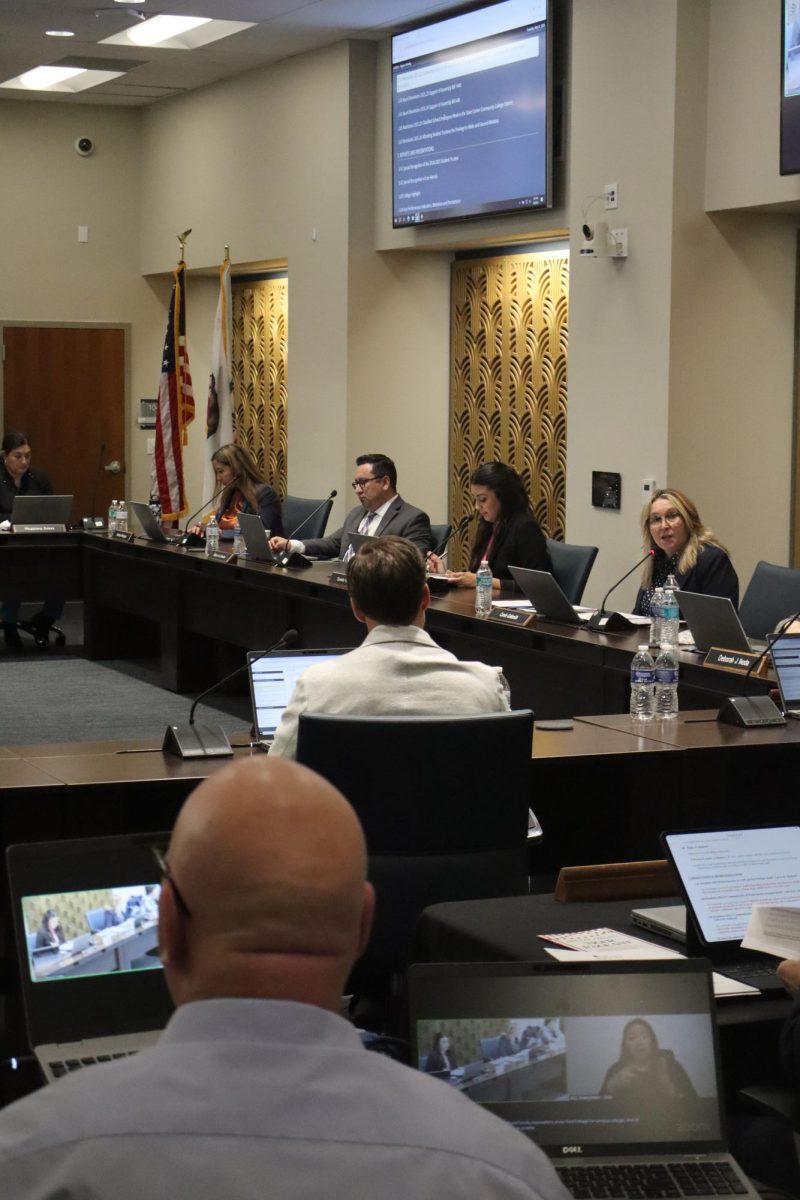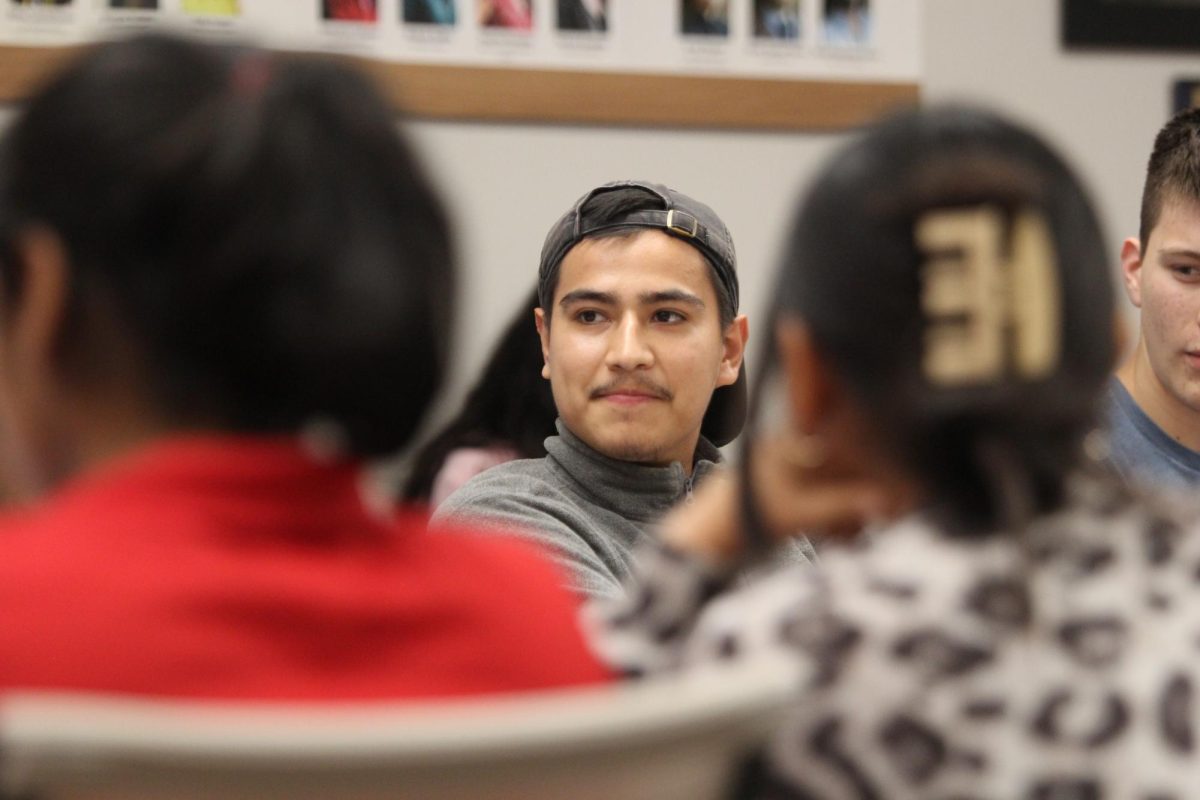Do you know that a new transfer program allows you easier and faster access to California State Universities?
Yes, the SB 1440, also known as the Transfer Achievement Reform Act, which has been in effect since 2011-2012 school year, expedites transfer from a community college to a CSU.
The bill, written by Sen. Alex Padilla was approved on Sept.29, 2010 and is now being implemented throughout the 112 community colleges across California.
The bill requires that students who have earned a transfer degree will have guaranteed admission to a CSU. However, that admission is not guaranteed for any particular campus. The admission is contingent upon certain criteria, including the degree being similar to one offered at the admitting institution.
According to the SB 1440 legislation, students will not be guaranteed “for specific majors or campuses, but would require the California State University to grant a student priority admission to his or her local California State University Campus and to a program or major that is similar to his or her community college major or area of emphasis, as determined by the California State University campus to which the student is admitted.”
While streamlining the transfer process for students, the program is aimed at saving time and money. It decreases the number of courses that a student takes for a given major and is designed to grant a student who has completed only 120 college units a bachelor’s degree. The student earns 60 units in a community college and 60 in a CSU.
“The program now has 22 AA-T and AS-T pathways approved, with anthropology and computer science pathways joining the list last week. More degrees will be added each term with Spanish and philosophy expected to be approved within the week. Engineering, biology, chemistry and sociology are scheduled to be approved soon,” said Erik Skinner, Deputy Chancellor for California Community Colleges during a press conference on Wednesday.
With more degrees being approved in the coming weeks, students will have better access to the transfer programs in their community colleges. Skinner said that the aim of this program is to have transfer degrees available in all community colleges.
“The goal by fall 2013 is to have each of our 112 community colleges have AA-T and AS-T degrees approved in 80 percent of the majors they offer. We want to have 100 percent by fall 2014,” said Skinner.
To make this a reality, academic senates throughout California are working together to make the transition smooth and efficient and “to create more pathways because they realize how important this Associate Degree for Transfer program is, not only to our students to our state’s system of higher education,” said Ephraim Smith, executive vice chancellor and chief academic officer for CSU. “The program is all about efficiency and making a highly educated workforce a reality in California.”
With efficiency being the focus not only for students but for the institutions of higher learning as well, costs come into consideration. This program, according to Skinner, will introduce $160 million in annual savings that will be used to generate more seats for students. The estimated impact would be 40,000 additional community college student seats and an additional 14,000 CSU student seats.
A student who completes a Transfer Model Curriculum (TMC) and is accepted into the university will have junior standing. This means that students would not need to take lower division courses or repeat courses that they’ve already taken at the community college.
Legislative bill SB 1440 prohibits “the California State University from requiring a transfer student to repeat courses that are similar to those taken at the community college that counted towards the units required for the associate degree for transfer.”
Kerry Ybarra, curriculum committee chair at Fresno City College, has been involved in every step needed to get the college up to par with the new program. Ybarra describes the process of discipline input groups and how they help get the disciplines ready for the TMC level.
“So we have, I think, 22 approved disciplines. At Fresno City College I believe we put through 15 TMCs,” Ybarra said. “We don’t have all the majors, but most of our majors that have a TMC in place, we’ve put through.”
Ybarra said that when it comes to what degrees look like, it is up to the faculty to get together and decide. For example, for a philosophy degree, she would get together with other faculty throughout the state to come to some consensus on to what that discipline’s degree should entail.
“They call them discipline input groups and they had one in Southern California and one in Northern California,” Ybarra said. “We got together with California State University faculty and other community college faculty.”
This program has also caught the attention of the University of California system. While it is not enacting the same program as the CSUs, the UCs will give some consideration to students with TMC degrees.
“Another benefit that I have seen is that the UC system will guarantee a careful review,” said Ybarra.
Tony Cantu, FCC president, is optimistic about the program. He says that while it is new, it has the potential to accomplish its goal.
“I think it’ll work,” said Cantu. “I think part of it, like anything else that’s new, is getting the word out to students. The intent, I think, is very good.”
Cantu said that the new transfer program will remove unnecessary repetition of classes.
“Very often our students who have transferred in a variety of different majors transferred to the CSUs,” Cantu said. “Oftentimes students were told that they needed to take additional units extending their stay at the CSUs. This in particular was designed to curtail that.”
Future students will benefit from this program, but current students who are already in a major or degree program should weigh their options.
“For students that are currently here, I think what they may want to do is take a look at which ones [degrees] we already have, which ones are in the works and then kind of even take a look at what the requirements are,” said Cantu.
The thought of wasting units is what inspired this program and in this economy, students cannot afford to take classes they don’t need.
“The whole idea is you’re not wasting units,” Cantu said. “To me, any course that you’re taking and learning in is not wasted.”







